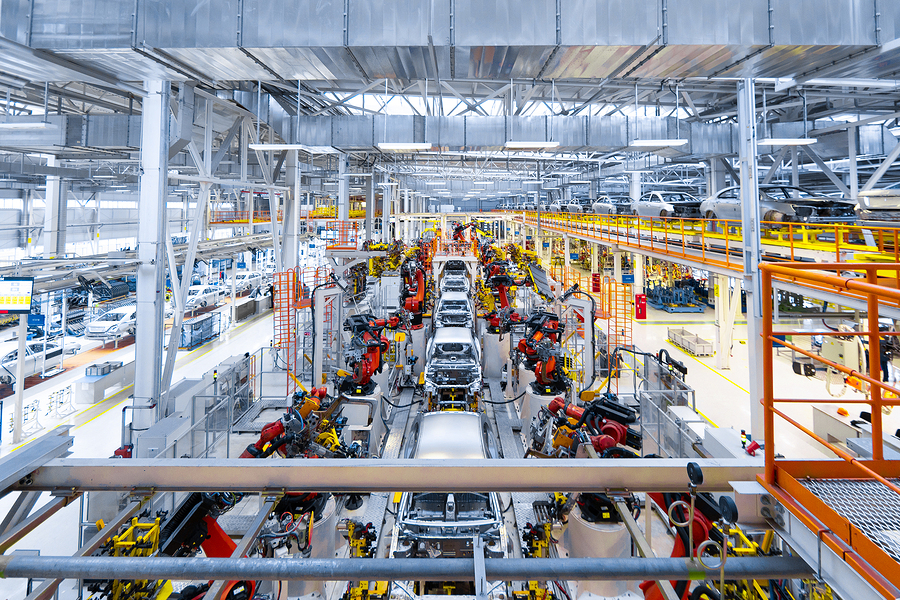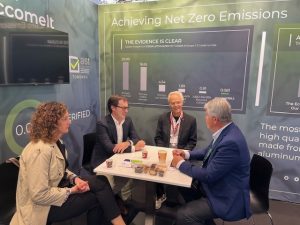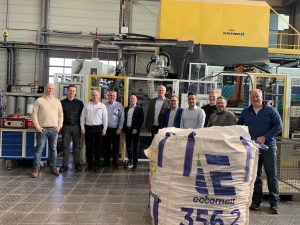The automotive industry has hit a major speed bump. New vehicle sales for the world’s top automakers are encountering their first sustained slowdown (e.g., diminishing sales) since the 2009 recession. This slowdown combined with higher steel and aluminum prices due to tariffs and stiffer emissions regulations across the world, undoubtedly necessitates cutbacks and factory closures.
The sale of sedans and smaller passenger cars has been declining in the United States in recent years. Fortunately, the sale of SUVs and trucks has been holding steady. But that is set to change. The overall picture of long-term trends points to a decline in sales growth.
The United States is not the only country affected; the car industry all across Europe is shrinking too. Major automakers in Europe, including Honda, Nissan, General Motors, Ford, Jaguar and Land Rover are cutting jobs and closing operations. The situation is such that economists and industry analysts are predicting another industrial recession on the horizon.
Falling Demand
In 2018, global car sales dropped dramatically due to a slump in demand from the world’s biggest market, China. Since then, automotive sales have declined in China for 11 consecutive months. The slowdown appears to be only worsening. In just May of this year, China’s car sales dropped by a whopping 16.4%, which happened to be the biggest monthly decline in recent history according to Reuters.
Carmakers with strong business relations with China were most affected by the drop in sales and have had to make major operational changes as a result. For instance, Ford recently pulled plans to sell a Chinese-made Ford Focus in the U.S. to avoid having to pay more tariffs on Chinese imports. General Motors, a carmaker that also had strong ties with China, also announced that it plans to shut down seven plants globally by the end of this year, including the plant in Oshawa, Ontario.
Emission Woes
Problems with emissions are also causing major headaches for car companies in Europe. Particularly, there has been a major drop in diesel sales due to air quality concerns and taxation changes; enough so, that there was a 7% decline in new car registrations in Great Britain in 2018. Another challenge that automakers face is the new CO2 emissions standards that make it more costly to build cars. As of 2021, manufacturers will face bigger fines in the EU if their fleets do not meet the emissions standards.
Rising Aluminum and Steel Prices
Rising aluminum and steel prices due to tariffs introduced by the Trump administration are also negatively impacting the auto industry. The biggest concern, according to the Centre for Automotive Research, is the threatened use of trade rules known as Section 232 that would declare foreign made cars and car parts a threat to national security. This threat could trigger a downward cycle in an industry already showing signs of decline. Another concern is the rise in the car prices and the decline in auto exports, which we are also seeing now. Potentially, a rise in car prices and a drop in auto exports could lead to a loss of hundreds of thousands of jobs across the world as well as a plunge in the sale of millions of vehicles.
How Eccomelt356.2 Provides an Alternative & More Economical Solution
The automotive sector is among the biggest metal end users. Falling car sales in the world’s biggest car markets is not good for metal demand either. Aluminum would be especially hard hit since the automotive industry is one of its biggest consumers. Sagging demand from the sector will undoubtedly lead to a fall in aluminum demand. As automotive companies struggle to deal with lower demand and look for cost savings, Eccomelt is a great opportunity to save substantial dollars on their A356.2 needs.
Eccomelt356.2 | Direct Substitute for A356.2 Ingot, Sow & T-bar
Alongside Alcan R&D, Eccomelt has developed a patented revolutionary process that produces a specification alloy from aluminum wheels at a lower cost than traditional methods and that meets that EPA definition of CLEAN CHARGE.
Eccomelt ships products to foundries within North America including the United States, Canada, and Mexico, and worldwide, such as France, Ireland, Italy, Serbia, and Spain. Our product is the material of choice for many consumers because it is chemically pure and environmentally-friendly. Its shredded form has achieved higher melting rates than Ingot, Sow or T-Bar. Environmental testing has also proven the process eliminates all coatings.
If you are an industry affected by the tariffs and proposed sanctions and looking for alternatives please give us a call. We can be contacted at (888) 356-9557 or visit our website and fill out our contact form. We would be delighted to hear from you.




